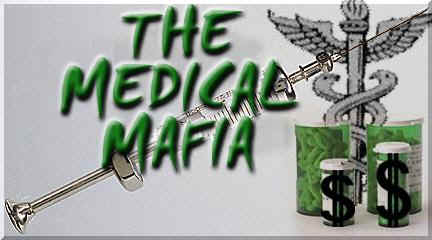
Here are some medical and scientific realities.
Gastric bypass bypasses all most all of your small intestine. The small intestine is about 20 feet long. It is 20 feet long for a reason. Find out what that reason is.
A human body cannot defy the laws of physics and here are some numbers.
Your Basal Metabolic Rate is approximately you body weight X 10. If you are 300 pounds than you BMR is 3000 calories. This means that if you eat 3000 calories a day you will initially lose 3 pounds per week and as your body weight decreases your BMR decreases. Someone weighing 300 pounds with a sedentary lifestyle requires about 5000 calories daily to maintain 300 pounds. The most women should eat is 2000 calories per day.
The reason that you cannot lose weight with the diets you have been using is mainly because you are probably cutting calories too drastically. Weight loss surgery cuts calories very drastically as well and this is not good for a myriad of reasons. As a fatling, your hunger cues are very very powerful and that is why cutting calories gradually works.
Rapid weight loss is very very dangerous and if you don't believe me, Fat Bastardo, google dangers of rapid weight loss.
Let's look at the logic and rationale:
Your stomach and intestines are not what is making you fat and keeping you fat. Too many calories are the culprit. Many people find a way to circumvent the restrictions imposed by WLS. Obesity is the result of behavior and I, Fat Bastardo, can help you with that behavior and if they don't ban me for my opinions and knowledge I would like to do it right here in this thread for all to see.
There is something wrong with the brains and minds of fat people so the idea is damaging a perfectly healthy digestive system is illogical. Fat people is a sense are addicted to food that is designed to be addictive. This show how filthy dirty capitalism is. The food and medical industry are cashing in on this epidemic and laughing all the way to the bank.
If you were to eat healthy food (something you won't be able to do after gastric surgery) at your BMR and gradually reduce the amount eventually the cravings the engineered obesogenic foods would go away. Also, you can speed up the weaning of junk food process with an old medication called Naltrexone.
You do have to take personal responsibility and you do have to come up with some altruistic reasons for doing this. Fatlings are generally not altruistic and they tend to be very self-centered which is a part of addiction. The altruistic reasons would personal and societal responsibility. Think about your loved ones. You owe it to them.
A lot of fatties like to play the tragic victim. You need to knock that off. I call it fattitude. When you do lose weight do not except praise for merely doing the right thing. Learn humility and grace. You don't deserve a pat on the back because what you will have done is nothing special or praise-worthy. Invent the cure for cancer and then you will be deserving of praise.




